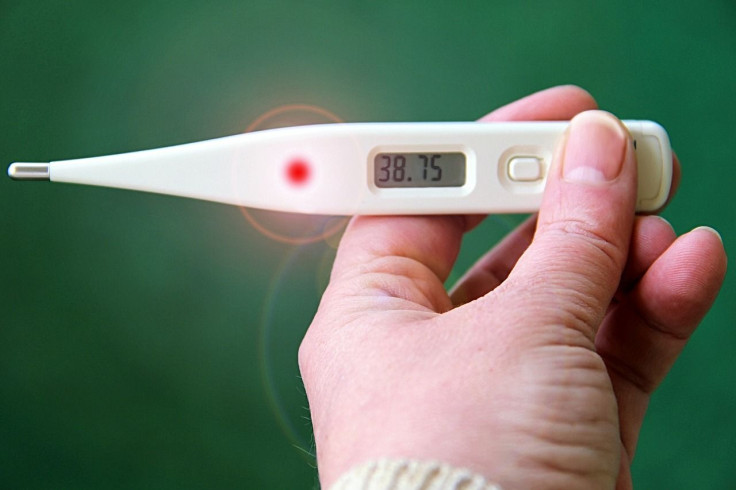Coronavirus Symptom: You Should Be Worried When Your Temperature Rises Above 101 Degrees Fahrenheit
Fever isn’t a new concept since almost all of us have experienced temperature rise at some point in our lives due to bacterial or viral infections. But, with the coronavirus pandemic situation, people have been concerned a lot about such a common symptom.
Per the World Health Organization, fever, dry cough, and fatigue round out the top three symptoms of the deadly novel coronavirus. Over 87.9% of 55,924 laboratory-confirmed cases reported a fever. However, it is very important to note that not all COVID-19 cases will exhibit fever symptoms nor will everyone exhibiting fever symptoms will test positive for COVID-19. However, fever is an extremely common coronavirus symptom.
So, what counts as a fever?
Normal body temperatures can vary from an individual to another. It is typically about 98.6 degrees Fahrenheit. But, over the last couple of centuries, researches pointed out that it has dropped to 97.9 degrees Fahrenheit. Per the Centers for Disease Control and Prevention (CDC) a thermometer reading of 100.4 degrees Fahrenheit is considered a fever. The CDC has pointed out that it is considered a fever when you feel hot to the touch, are feeling feverish or look glassy-eyed or flushed, the Health mentioned.
“A low-grade fever, for example, is used to describe a body temperature that is elevated above normal, but is not above or is just barely above the fever threshold. So it's roughly 99 degrees to 100.9 degrees, that's not a true fever. In general, when physicians hear that your measured temp is above 101, it catches our attention, meaning we are looking for an infection," Health quoted Jill Grimes, MD, FAAFP, a board-certified family physician at UT Austin's Student Health Services.
The federal CDC recommends that individuals who might have been exposed to COVID-19 to check their temperatures twice daily. The world is facing a shortage of coronavirus diagnostics and healthcare providers have been reserving tests for those who have been exposed, symptomatic or are at clear risk of dangerous complications, The New York Times mentioned.
If you are sick and seem to be registering a high body temperature, call your doctor immediately. If you do not have a primary care doctor, contact the ER directly.

© Copyright IBTimes 2024. All rights reserved.






















